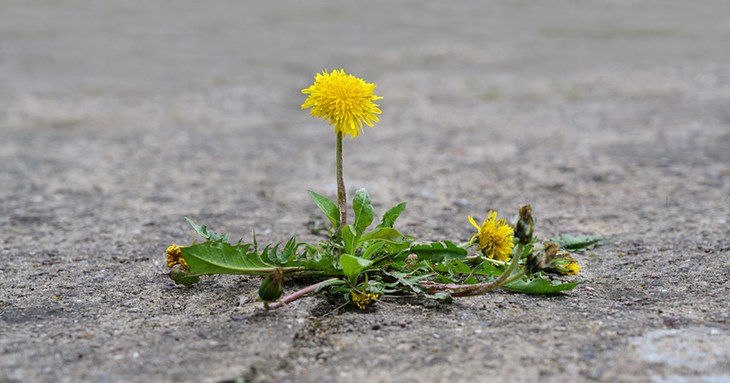Reducing chemical weed controls in Exeter
Published: 19 May 2021

People in Exeter are playing their part in helping reduce the city’s reliance on chemical weed controls.
A number of residents in Exeter have elected to opt out of the first weed spray of the city’s roads.
The City Council is keen to reduce the use of potentially damaging chemical controls in Exeter. Recently it offered residents the chance to opt out of chemical weed controls if they could maintain their own section of road or cul-de-sac.
The Council can confirm that it received 30 requests to opt out and that the request period for the May treatment had now closed.
This month’s treatment started on Monday (17 May) and will take around 28 days to complete.
People will get a chance to opt out again for a second treatment in August. They can do this either individually, or as part of a residential group.
The Council will publicise the chance to opt out for this period later in the summer.
Cllr David Harvey, Lead Councillor for City Management, said that the Green Space team had significantly reduced the use of chemical controls in the last four years.
“We wanted to give people an option to opt out and help reduce our dependency on chemical controls still further,” he said.
“As long as people can demonstrate that they are able to maintain their road or cul-de-sac chemical free, then we are all in favour of it,” he added.
“It would be unrealistic to expect to do the whole city without chemical controls but the more we can reduce the better,” he said.
In 2019 the City Council committed to a Net Zero Carbon Exeter by 2030.
As part of that commitment, biodiversity has become a significant part of the Green Spaces strategy. Over the last four years the Green Space team, working with partners in Devon Wildlife Trust and Devon County Council, have worked to build on a biodiversity programme, started by the ‘Wild City’, wild flower meadows.
In 2019 and 2020, this initiative progressed, and now, across the city, highways grass verges are maintained as part of an extensive, and interlinked, meadow grass programme.
This programme helps to support habitat for dramatically declining invertebrate and pollinating species.
The Council recognised that continuing to build on existing biodiversity work was only one step towards managing an increasingly recognised environmental crisis.
Understanding the environmental impacts of the Green Space service, including the use chemical weed control, was another.
To help combat species and biodiversity loss, the Council also committed in 2019 to investigating safe alternatives to weed control, as well as actively pursuing reductions in the use of chemical controls wherever practicable.
